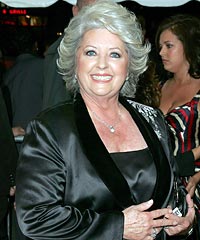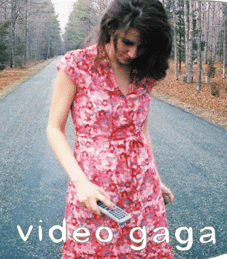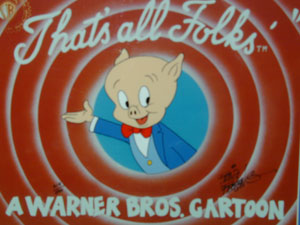Recently, I’ve been fielding a lot of complaints about the way I insult people. Not the fact that I insult them, mind you, but the manner in which I do it. Apparently people believe my put-downs to be too “on the nose.” For instance: this morning, on the elevator, the odor wafting from a particularly pungent co-worker assaulted my senses. I yelled, “Hey, guy who smells like he does not wash quite as much as would be expected in polite society! Take a bath!” I felt I’d let loose with a particularly appropriate “zinger,” but the general opinion around the office failed to bear me out.
Or when I was nearly clipped by a bicycle messenger, and I rejoined, “Hey guy who doesn’t think that the laws of traffic don’t apply to him because he’s in a bicycle and not a car, so he runs a red light, even though, in fact, the same rules of the road apply to cyclists and motorists! Watch where you’re going!” My pleasure at having told him off was only slightly diminished by his having been approximately a mile away by the time I finished my sentence.
What’s wrong with being on the nose? Should I subtly come at my insults via oblique angles? Should I tell a woman with an annoying voice that hers is the song that the angels sing when they accidentally chew some aluminum foil? It might be more artistically satisfying. But does the message
read?
In fact, I’d argue that the beauty of my insults is in their specificity. When I call someone “man who is either too stupid to realize that there are other people trying to get into the subway car, or is so disinterested in the well-being of those around him that he refuses to move away from the door, or else is some sort of sociopath,” doesn’t that give that person a clearer idea of how, exactly, he has displeased me, than “asshat” would? I’m just asking.
Certainly, if you were to insult me, I’d ask you to forgo such vulgarities, in favor of tailored insults, such as, “guy who takes a half-baked premise and then tries to pummel it into the shape of a humorous web post, but fails almost completely,” or “guy who doesn’t know how to write an end for things.”










